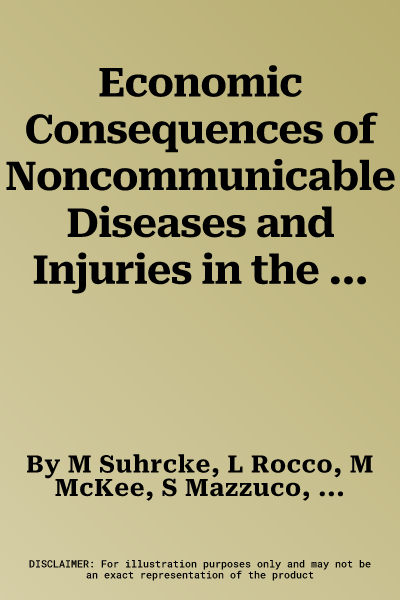There is increasing evidence of the two-way relationship between health
and economic growth: while economic development can lead to improved
population health, a healthier population can also drive economic
growth. Although this finding has important policy implications, little
is known about its direct relevance for the transition countries in
central and eastern Europe and the Commonwealth of Independent States
that are facing a very particular health challenge, predominantly posed
by noncommunicable diseases (NCD) and injuries.
This study takes a first step towards analyzing the issue. The focus is
on the Russian Federation, although the findings are also relevant to
other transitional economies. Two important questions are examined:
- What effect has adult ill-health, in particular NCD and injuries, had
on the Russian economy and the economic outcomes of the people living
there?
- If the excessive burden of adult ill-health in the Russian Federation
were reduced, what economic benefits could result?
The answers are unambiguous: poor adult health negatively affects
economic wellbeing at both the individual and household levels in the
Russian Federation; and, if effective action were taken, improved health
would play an important role in sustaining high economic growth rates.

